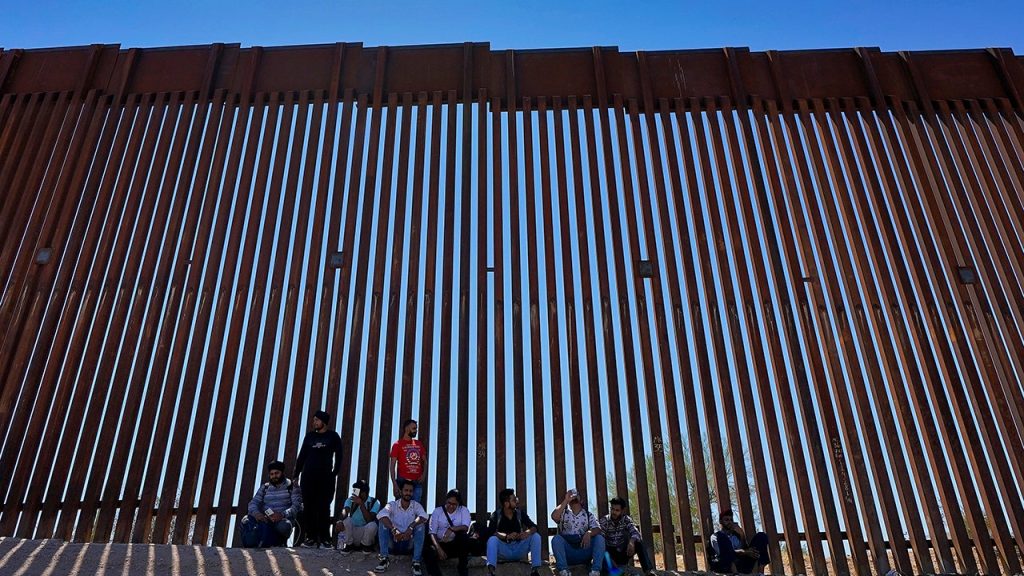Voters in Arizona have approved Proposition 314, allowing local police to arrest migrants suspected of illegally entering the state. The measure makes it a state crime for people to enter Arizona from Mexico outside official ports of entry, empowering law enforcement officers to make arrests and judges to order deportations. Those enforcing the law would be protected from civil lawsuits, but the proposal requires a similar law in another state to be in effect for 60 days before violators can be prosecuted. Republican lawmakers argue that the measure will enhance border security following a surge of illegal immigration under the Biden administration, making it a hot button issue on the 2024 campaign trail.
Opponents of Proposition 314 believe that it will negatively impact Arizona’s economy and reputation, potentially leading to the racial profiling of Latinos. As illegal border crossings continue to rise, President-elect Trump has made border security a focal point of his upcoming campaign, vowing to crack down on open borders policies implemented by the Biden administration. Trump has threatened to impose a 25% tariff on goods coming from Mexico if illegal border crossings do not cease, and many expect that he will work to reinstate the 2019 Remain-in-Mexico policy and reduce refugee admissions. This aggressive stance on immigration policy has garnered both support and criticism within the political landscape.
In the midst of these debates, anti-trafficking activists have exposed a phenomenon called the “Slave Ledger,” highlighting how smugglers are using this tactic to control migrants. This practice sheds light on the manipulation and exploitation of vulnerable individuals seeking to migrate to the United States. As the immigration issue becomes increasingly polarized, it is important to recognize the human rights violations and criminal activities that often accompany illegal border crossings. This underscores the need for careful consideration and balanced policies that prioritize both national security and human dignity.
The approval of Proposition 314 in Arizona reflects the ongoing struggle to address border security and immigration challenges in the United States. With a divided electorate and conflicting viewpoints on how best to manage illegal migration, political leaders face the daunting task of finding solutions that protect the nation’s borders while upholding humanitarian values. President-elect Trump’s hardline stance on immigration has drawn both praise and condemnation, with his proposed tariffs on Mexico serving as a stark example of the aggressive tactics he is willing to implement. The upcoming election in 2024 is likely to center around these issues, underscoring the significance of immigration policy in shaping the future of the country.
As debates around border security and immigration policy intensify, the implications of these decisions on vulnerable populations cannot be overstated. The exposure of practices like the “Slave Ledger” highlights the risks and dangers that migrants face as they seek a better life in the United States. By understanding the complexity of these issues and the human cost involved, policymakers can work towards comprehensive and compassionate solutions that address both national security concerns and safeguard the rights of migrants. The ongoing dialogue surrounding Proposition 314 and President-elect Trump’s immigration agenda underscores the need for thoughtful and inclusive approaches to immigration policy that prioritize both safety and dignity for all individuals involved.


